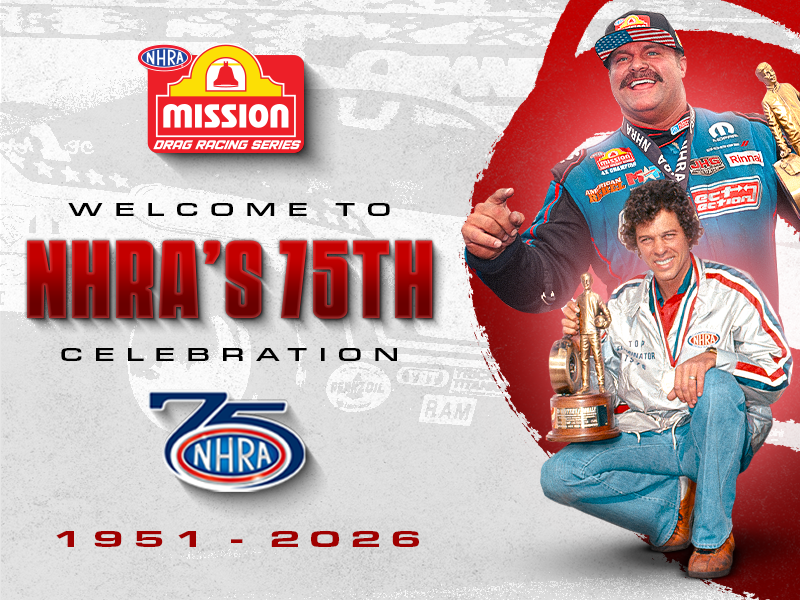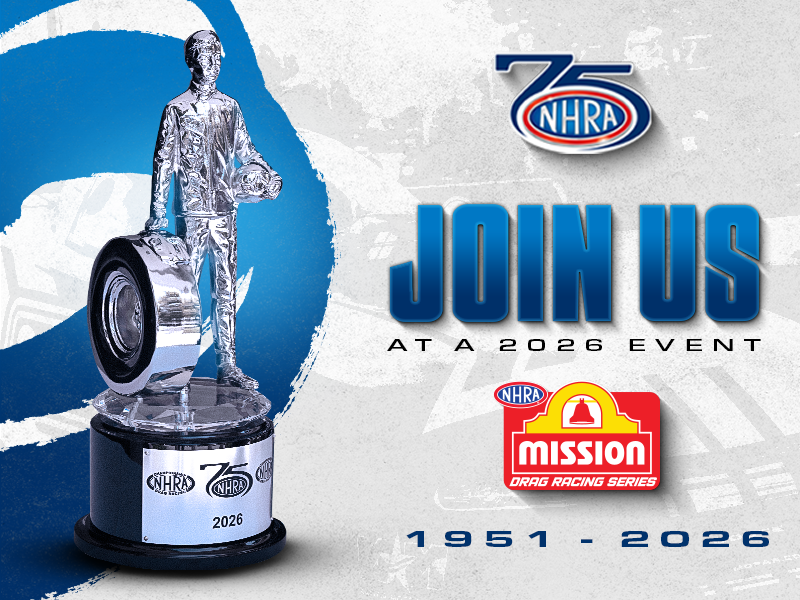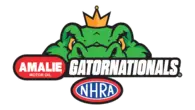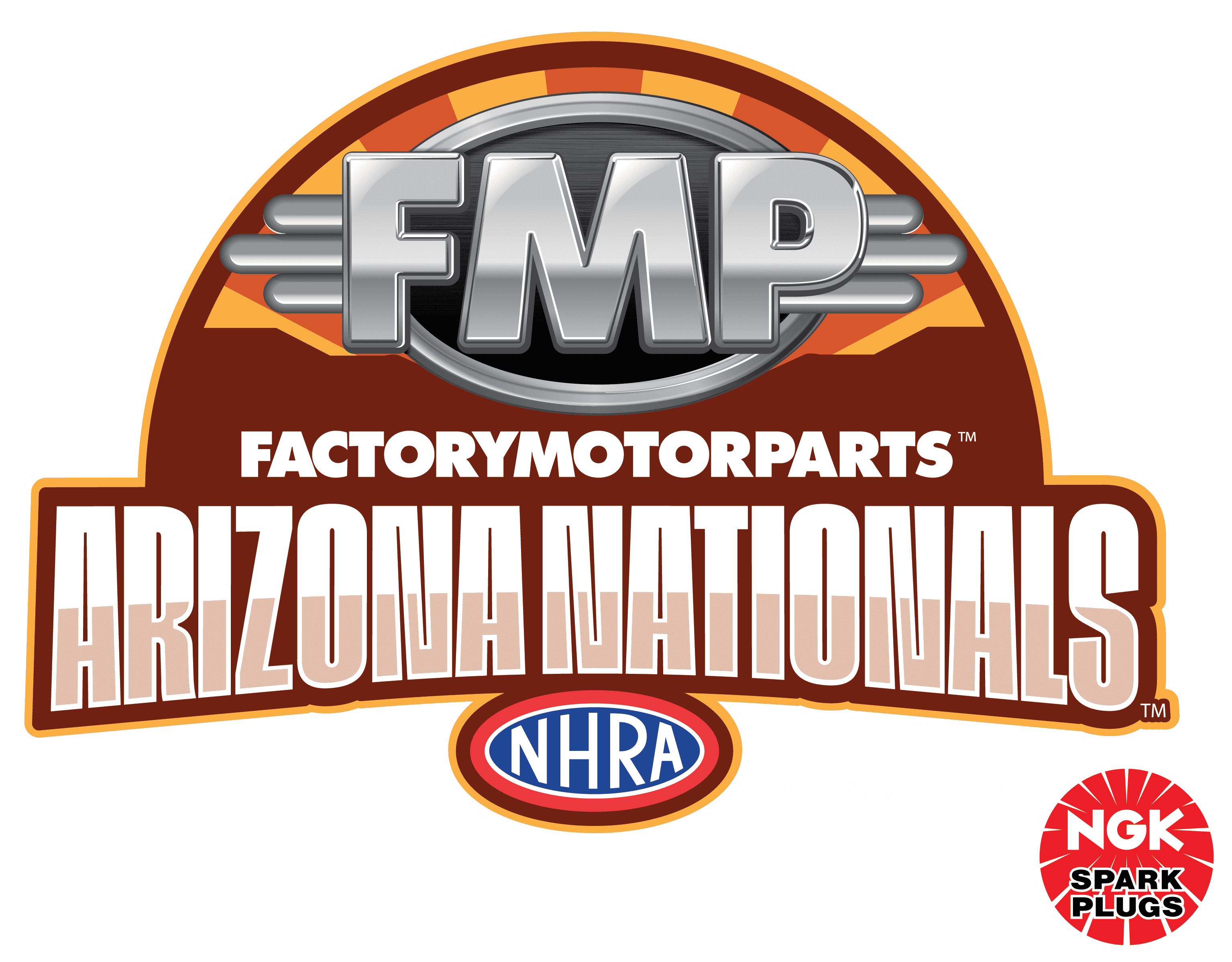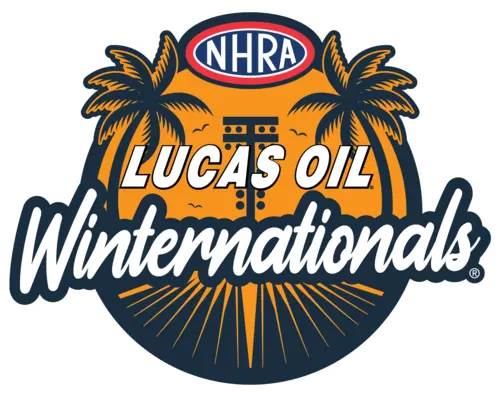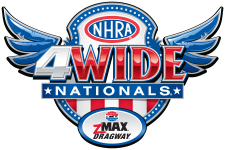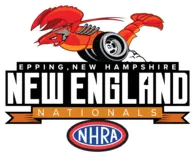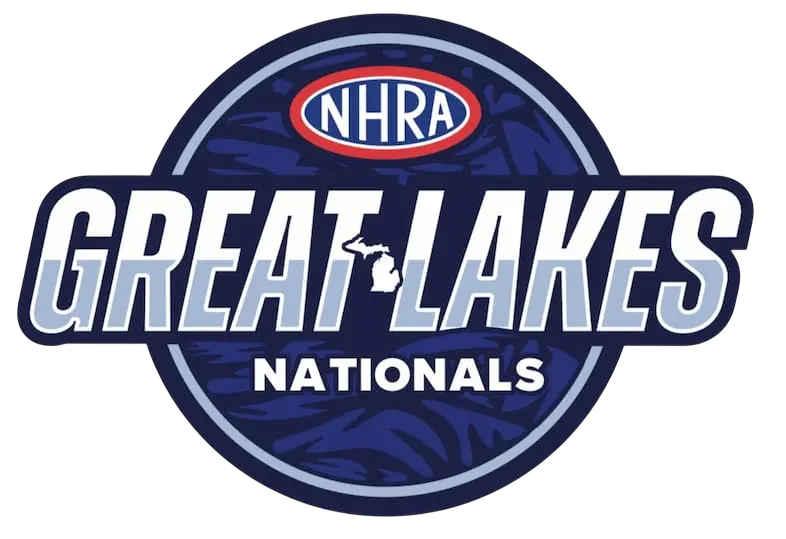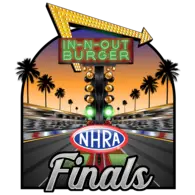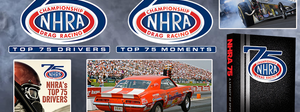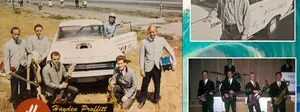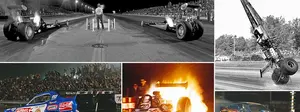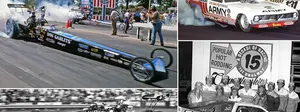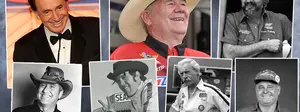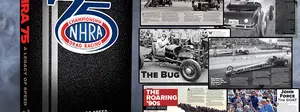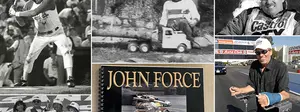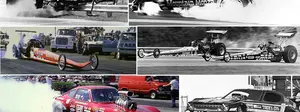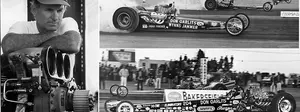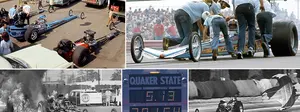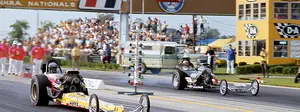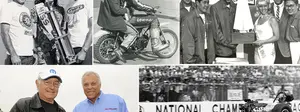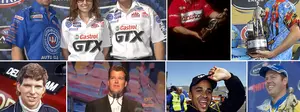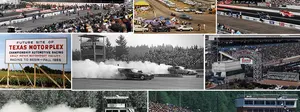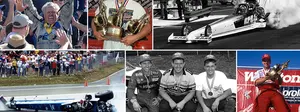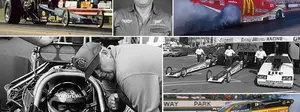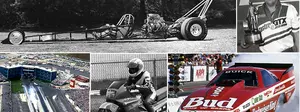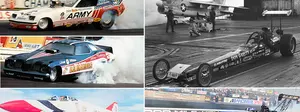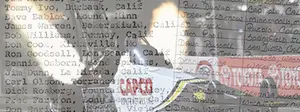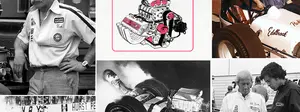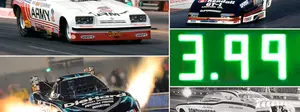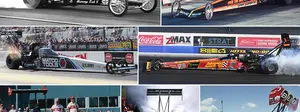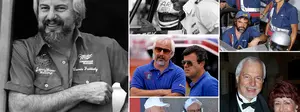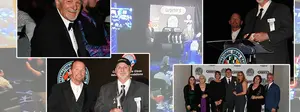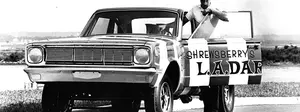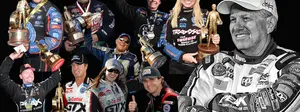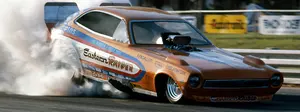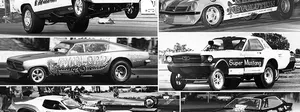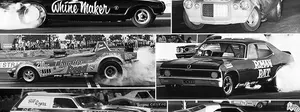Reborn on the Bayou
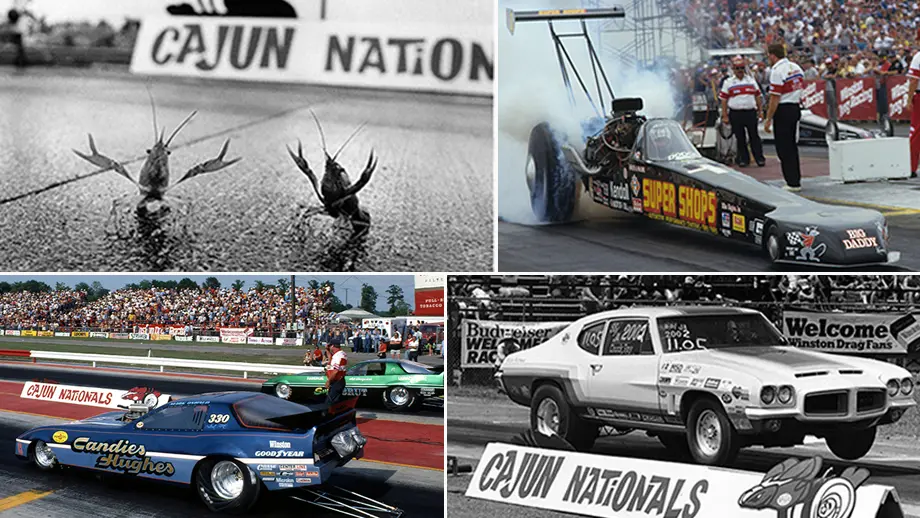

NHRA national event racing returned to Louisiana last weekend with the running of the Laris Motorsports Insurance NHRA Cajun SPORTSnationals at No Problem Raceway, where hundreds of racers enjoyed the hospitality of co-track owners Nelson and Marla Hoyos and the Laris family — led by father and son Ross and Holden — who, respectively, treated everyone to loads of great racing and heaps of Cajun cooking. No one was left hungry, that’s for sure. The SPORTSnationals previously had been contested there from 2004-15 before taking a nine-year hiatus.
The Hoyos family has partnered with owner Harold Petit over the last three years to improve the venerable facility with the goal of not only bringing the SPORTSnationals back but also a full-on NHRA Mission Foods Drag Racing Series event in the future. If the Hoyos name sounds familiar to you, Nelson was a two-time champion with a 195-mph turbocharged Ecotec-powered, front-wheel-drive Cavalier in the Pro FWD class in NHRA’s Sport Compact Series back in the early 2000s who went on to create a driving school, Driven to Win, then got into the racetrack ownership and stewardship business at places like Thunder Road Raceway and South Georgia Motorsports Park, before teaming with Petit at No Problem with the ultimate goal of bringing a full-on NHRA national event back to the Pelican State. (To read more about Hoyoes ambitious plans for the track and its future, check out this article I posted Thursday.)
No Problem Raceway is located in Belle Rose, La., about an hour west on Interstate 10 from landmark Lake Pontchartrain and about an hour south of Baton Rouge, La., where the NHRA Cajun Nationals was hosted for 15 years (1976-1990), and which is the topic of today’s column.
The Cajun Nationals, held at La Place Dragway, first entered the NHRA schedule in 1976, as an exhibition event/National Open, presumably meant to test the waters of interest. La Place was never much to look at, with smallish grandstands and a squat, two-story timing tower, and the race was moved the next year to nearby State Capitol Dragway, but the reception to the first event — sandwiched between the Gatornationals and Springnationals — must have opened some eyes at NHRA as it became a full-fledged NHRA national event the next year.
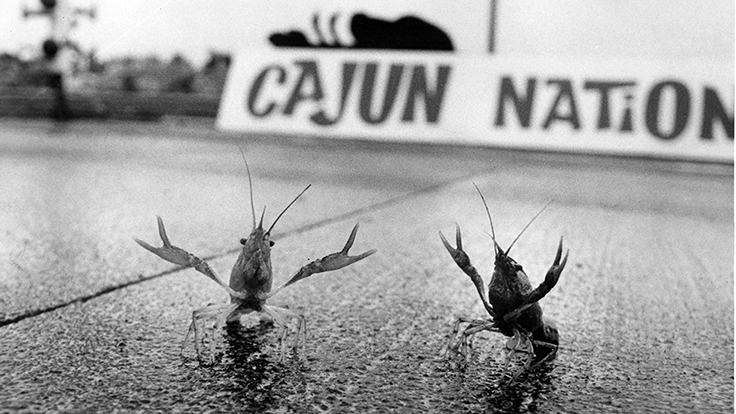
Division 4 racers dominated the Pro classes at that first event with a trio of Texans — Richard Tharp, Raymond Beadle, and Lee Shepherd — winning in Top Fuel, Funny Car, and Pro Stock, respectively.
Tharp wheeled the Candies & Hughes Top Fueler to victory for its Louisiana owners, Paul Candies and Leonard Hughes, over Marvin Graham in a tire-smoking final round, but also qualified No. 1 and set low e.t. and top speed of the meet at 6.01, 240.00 mph. Clayton Harris, Pat Dakin, Bob Edwards, Bill Wigginton, Steve Stephens, and surprise No. 2 qualifier Frank Holden comprised the rest of the Top Fuel field.
Beadle drove his and Harry Schmidt’s Blue Max to the Funny Car win, stopping his future crew chief, Dale Emery, in the final. Just six Funny Cars showed up, with Texans Gene Snow, Mike Burkhart, Gordon Mineo, and Johnny White rounding out what was an all-Lone Star State field.
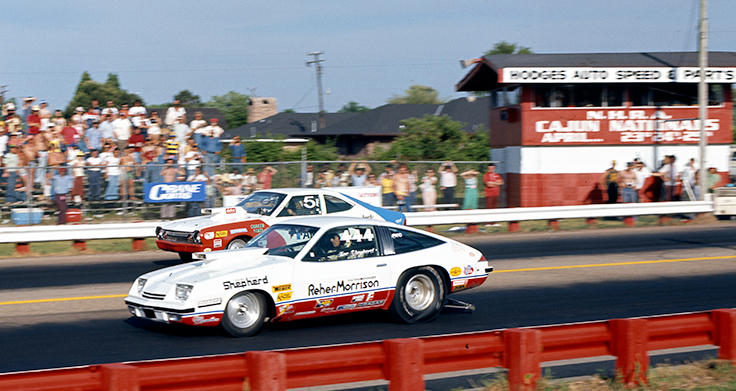
Shepherd was new to the Pro Stock ranks after a successful career in Modified Eliminator and debuted the new Reher-Morrison-Shepherd Monza with a victory capped by a final-round conquest of Wally Booth and AMC Hornet.
Here’s a class-by-class look at some great Cajun Nationals highlights.
TOP FUEL
Tharp won the event again in 1977, much to the delight of the Cajun crowd who had to wait out a 35-day rain delay for the joy, then Kelly Brown owned it for the next two years. Gary Beck won Top Fuel in 1980 in one of his first drives for Larry Minor, then was involved in one of the weirder finals in Top Fuel history three years later when he faced Minor in the final. The plan apparently was for Beck, who would go on to win the Top Fuel world championship, to take the win with Minor conveniently shutting off downtrack. Beck, however, lost the blower belt early in the run, and Minor, despite tugging frantically on the handbrake, couldn’t slow his ride enough for Beck to catch him before the win stripe.
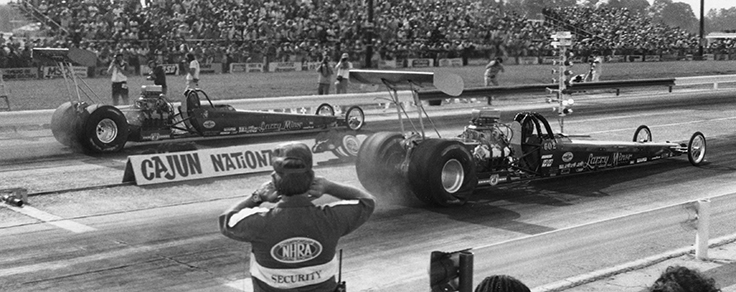
Larry Minor, near lane, reluctantly won this all-team final with Gary Beck at the 1983 event.
Beck rebounded the next year and reversed the errant results by beating Minor in the 1984 final. The fact that there even was a Top Fuel final — or any final — that year is amazing considering that the racing surface started coming apart early Friday during Stock eliminator qualifying. Heavy rains just before the event had compromised the integrity of a freshly laid 300-foot-long asphalt cap. Steve Gibbs, then NHRA’s Competition Director, made the unprecedented call for the Safety Safari to scrape off the new cap with a road grader, then sand, powerwash, and apply copious amounts of traction compound to the old surface below. The whole remake miraculously was accomplished in just less than four hours.
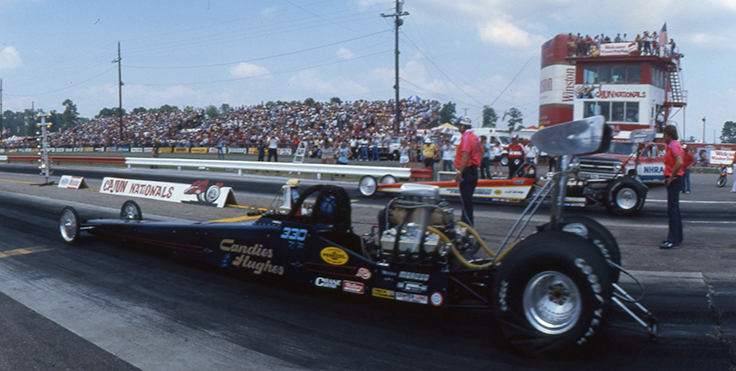
Also memorable was the 1982 win by Mark Oswald, who had replaced Tharp in the Candies & Hughes entry and scored another win for the Louisiana faithful with his final-round conquest of Shirley Muldowney, who would go on to win her third and final NHRA Top Fuel world championship.
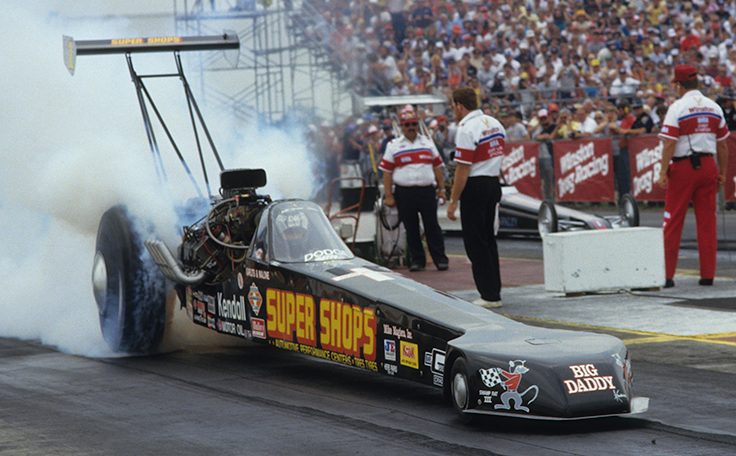
Don Garlits then won Top Fuel back-to-back in 1985 and ’86, the first with his conventional car and the second in his Swamp Rat XXX streamliner. Garlits won the 1986 final over Gary Ormsby’s Castrol GTX streamliner in the first (and only) all-streamliner final. (As we learned here, the modern-day Top Fuel streamliner phase lasted only about two seasons.)
Garlits was the last repeat Top Fuel winner at the event as Dick LaHaie, Darrell Gwynn, Gene Snow, and Gary Ormsby won the final four Cajun Nationals Top Fuel crowns.
FUNNY CAR
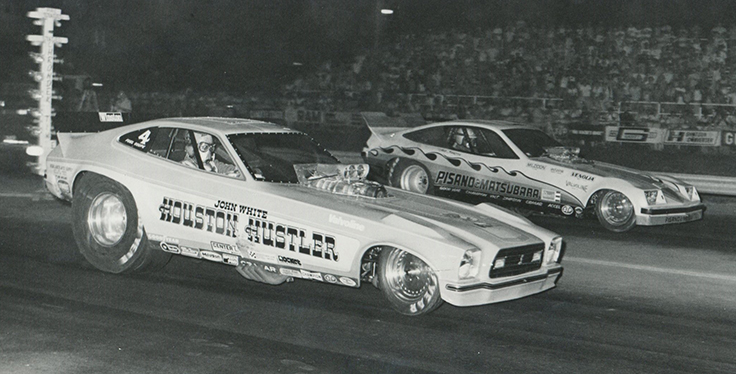
For whatever reason, the Cajun Nationals became the site of numerous first-time winners in the Funny Car class, starting with Johnny White, the Houston Hustler, whose first and only win came at the 1977 event, where he beat Jake Johnston in the Pisano & Matsubara Monza. It was the third straight and last final-round loss for a guy I called “Funny Car’s what-if guy” in this 2014 column.
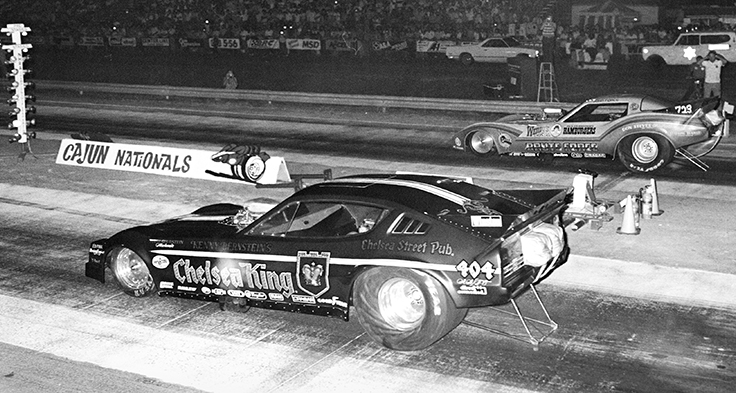
Two years later, Texas restauranteur Kenny Bernstein drove his Chelsea King Arrow to the Funny Car win, the first of 69 that the future “Budweiser King” would tally in his great career. Bernstein’s final-round victim was a former truck driver from Southern California – some guy named John Force – whose runner-up was his first of nine straight second-place finishes before his breakthrough win nine long years later in Montreal in 1987.
In 1988, Bruce Larson, one of Funny Car’s original heroes, finally scored his first NHRA national event win at the Cajuns, defeating 1987 event winner Bernstein in the final.
Texans Billy Meyer and Beadle won the 1980 and ’82 crowns, sandwiched around the 1981 event where the entire Funny Car class boycotted the race asking for a purse increase. Hence, no Funny Car winner that year.
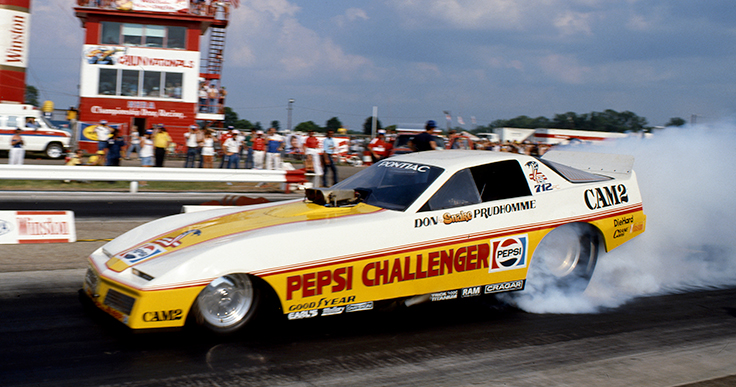
Don Prudhomme made the first 250-mph Funny Car pass at the 1982 Cajun Nationals.
Beadle’s 1982 victory came over Don “the Snake” Prudhomme and his Pepsi Challenger Pontiac, which recorded the class’ first 250-mph pass during qualifying. Prudhomme would win two races that season (Montreal and Englishtown), then incredibly go nearly five years without a win before his 1987 Gatornationals victory.
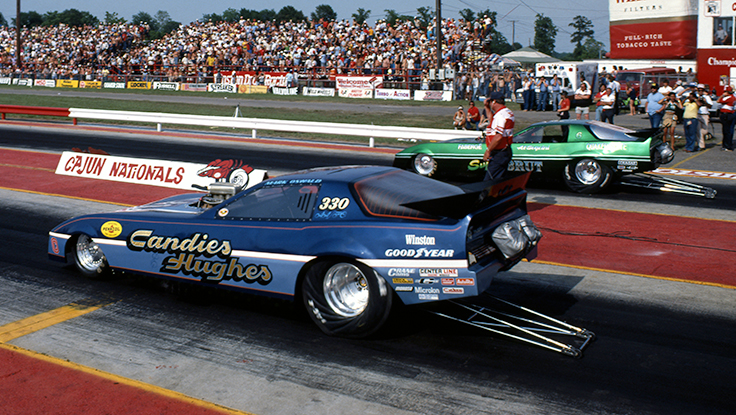
Al Segrini won the 1983 event over Oswald, who brought the Candies & Hughes name back to a Cajuns final, only this time in the team’s first year in Funny Car. Meyer won the race again in 1984 and almost again in 1986, where he lost the final to Tom McEwen in what was “the Mongoose’s” first win since his dramatic victory over Prudhomme in the final of the 1978 U.S. Nationals.
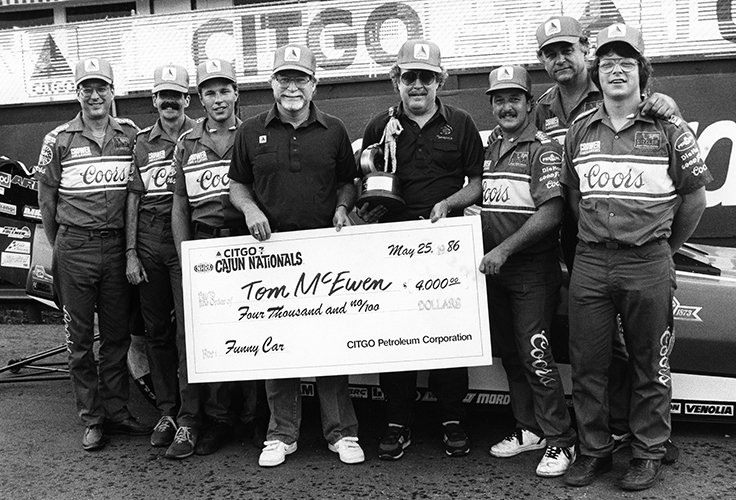
Tom "the Mongoose" McEwen won Funny Car at the 1986 Cajuns with crew chief Bill Schultz, far left, and a very young Jimmy Prock, far right, on the Coors team.
The 1984 Funny Car race is also well-remembered for the wild two-car tangle between John Collins and Ed McCulloch, resulting in two destroyed race cars but no injuries.
The Cajuns also proved an interesting second helping for a few Funny Car drivers as Bob Pickett won his second and final Funny Car crown at the 1978 event and Jim Head followed his stunning 1984 Indy win with a Cajun celebration in 1985. Head also had been the runner-up at the 1984 Cajuns, perhaps a foreshadowing of his Indy win.
Mike Dunn won the title in 1989 to give car owner Joe Pisano the Cajuns Wally he missed with Johnston a dozen years earlier, while Force won the 1990 Cajuns, using the win as a springboard to his first of 16 world championships.
PRO STOCK
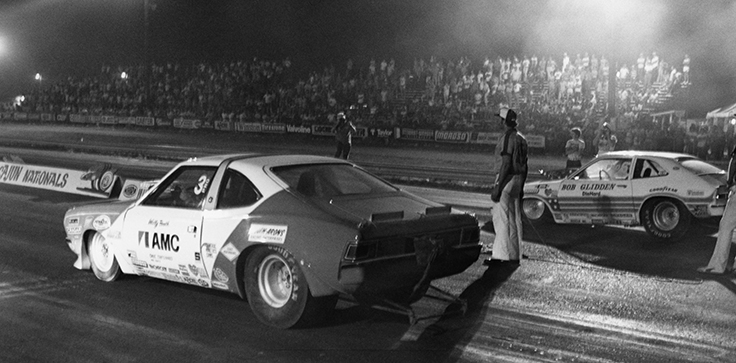
After Shepherd’s win at the inaugural event, he and Bob Glidden traded Cajuns Pro Stock wins like baseball cards, with Glidden hitting the home runs three straight years (1977-79) and Shepherd winning four of the next five, interrupted only by Glidden’s 1981 victory.
(Interestingly, a year after that 1976 Pro Stock win, Shepherd won the ’77 Cajuns title in Modified eliminator in an F/MP Camaro, his first win in any class since crashing the Pro Stock Monza at the 1976 Summernationals.)
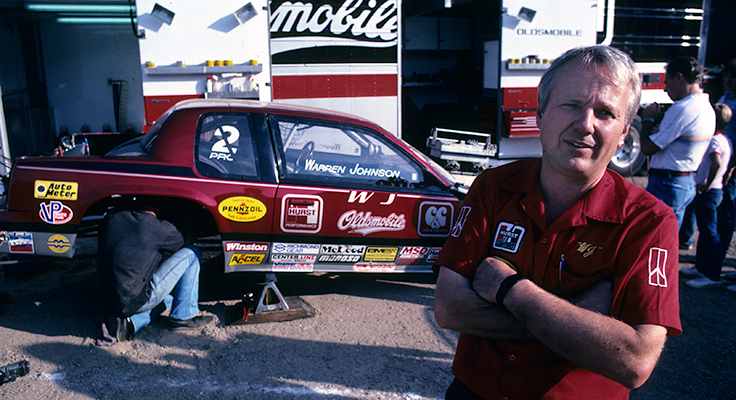
Warren Johnson won back-to-back in 1985-86, and Bruce Allen, who replaced Shepherd in the R-M-S car after Shepherd’s death in a testing accident in March 1985, went back-to-back in 1988 and ’89. The “California Flash,” Butch Leal (1987) and Larry Morgan (1990) also visited the winner’s circle in the event’s final years.
SPORTSMAN STANDOUTS
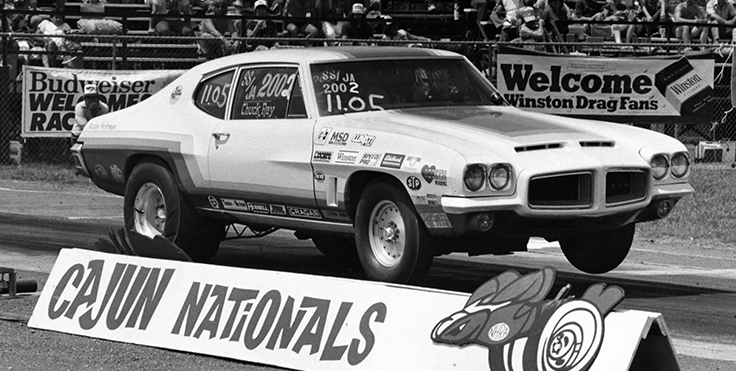
Sportsman racing superstar David Rampy won the first of his eventual 100 national event titles at the Cajun Nationals in 1983 at the wheel of father-in-law Sonny Ray’s SS/JA GTO. Ray had previously won the race in 1979 and ’82.

Pat Austin won his first of 75 NHRA national event titles at the 1986 Cajun Nationals. That's a very young Rob Flynn, second from left, on the team.
Three years later, Pat Austin would win the first of his 75 NHRA national event titles in Top Alcohol Funny Car, where he drove his Walt's Radiator/Muffler Ford Tempo past Dal Denton, who also had been the runner-up the previous year. As good/bad luck would have it, I was a crewmember on assignment with Denton at the 1986 race and came thisclose to being part of a national event win – not that anybody could beat Austin much over the next five years.
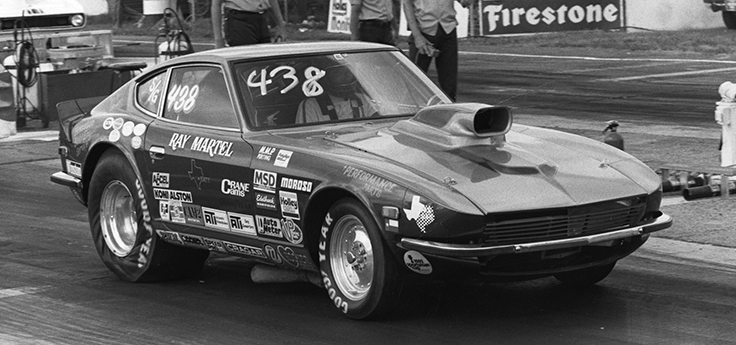
Austin, of course, would go on to become the first driver to win two Wallys in the same weekend — scoring in Top Fuel and Top Alcohol Funny Car at the same event at the 1991 U.S. Nationals — but nine years before that happened, Ray Martel almost/sorta/kinda did the same thing in Super Gas, winning the rain-delayed conclusion of the SPORTSnationals (then held in Houston) on Saturday and then the Cajun Nationals on Sunday.
Wayne Clapp had a remarkable streak at the event in the late 1970s, winning in Comp in 1977 and ’78 and Pro Comp in 1979, while the late Danny Townsend won the race in two different classes — Comp in 1982 and Top Alcohol Funny Car in 1990.
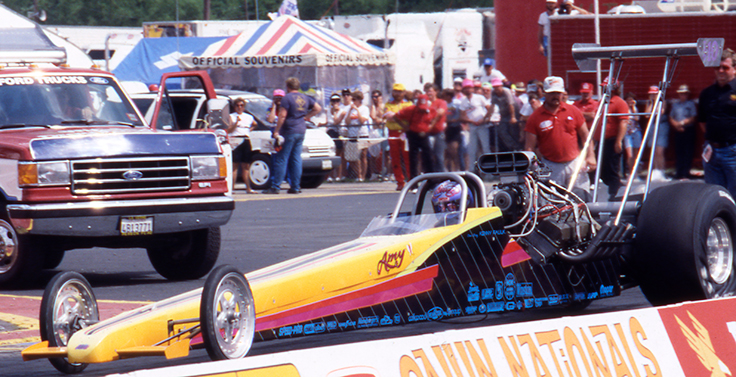
Former Super Stock world champ Amy Faulk, whose Comp win at the 1983 Southern Nationals had made her the first female to win national events in two classes, became the first to win in three classes with her 1990 Top Alcohol Dragster victory in Baton Rouge. It was a feat not duplicated for nearly 20 years, until Melanie Troxel, previously a winner in Top Alcohol Dragster and Top Fuel, scored in Funny Car in Bristol in 2008. Troxel went on to add a fourth class victory, in Pro Mod in 2010. Leah Pruett, Alexis DeJoria, Lauren Freer, and Brina Frank round out the list of female racers with wins in three different eliminators.
Although the Cajun Nationals are now just part of NHRA history, the rebirth of the Cajun SPORTSnationals should give Louisiana racers and race fans something to cheer about for years to come.
Phil Burgess can be reached at pburgess@nhra.com
Hundreds of more articles like this can be found in the DRAGSTER INSIDER COLUMN ARCHIVE
Or try the Random Dragster Insider story generato



